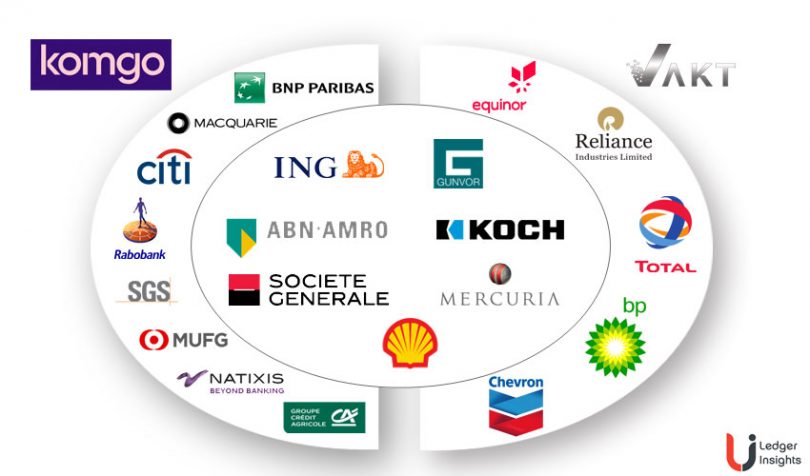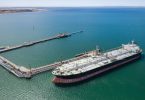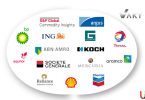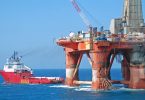Today VAKT, the blockchain platform for post-trade energy,
appointed Etienne Amic as its first permanent CEO. Amic spent more than seven years as a managing director at JP Morgan Chase and just over a year at Mercuria, one of VAKT’s shareholder. Since VAKT’s formation at the start of last year, the interim CEO position was filled by John Jimenez, CFO of North America Gas & Power at BP. But he returned to BP at the beginning of 2019.
Perhaps the most relevant part of Amic’s resume is his stint as co-founder and Chairman of Vortexa which provides analytics for the oil trade. The website states Vortexa provides “unparalleled transparency into nearly every seaborne oil movement”. Amic holds a degree in theoretical physics.
VAKT went into production in November last year. It has a heavyweight list of
investors including energy majors BP, Equinor, Shell,
Chevron, Total and Reliance Industries, traders Gunvor, Koch and Mercuria, and banks ABN Amro, ING and Société Générale. Together they’ve backed the company to the tune of $33m. The company shares seven shareholders with
komgo the blockchain platform for commodities trade finance.
Article continues …
Want the full story? Pro subscribers get complete articles, exclusive industry analysis, and early access to legislative updates that keep you ahead of the competition. Join the professionals who are choosing deeper insights over surface level news.
Image Copyright: Logos respective rights holders. Composite Ledger Insights







